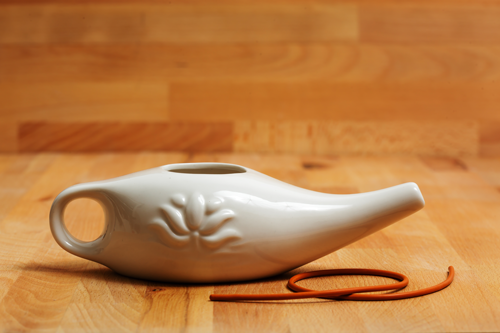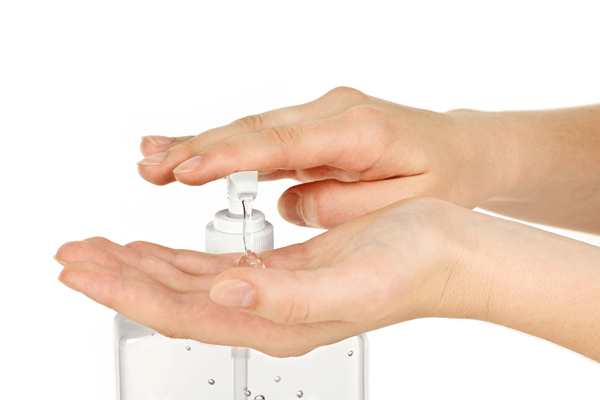Neti Pots and Sinus Rinses for Relief of Sinus Pain
Neti Pots and other forms of sinus rinses are a great way to relieve sinus pain and pressure. Some studies suggest that doing sinus irrigation every day helps to shorten the duration of sinusitis and prevent infection in people with chronic sinusitis (To look at a recent review of treatments for sinusitis including nasal irrigation: http://www.ncbi.nlm.nih.gov/pubmed/26325561). Neti Pots More Effective Many people are given antibiotics unnecessarily for the treatment of sinusitis. Based on studies showing no decrease in severity or duration of sinusitis with antibiotic treatment (because most sinusitis is viral or allergic), antibiotics are only recommended after 10 days of




